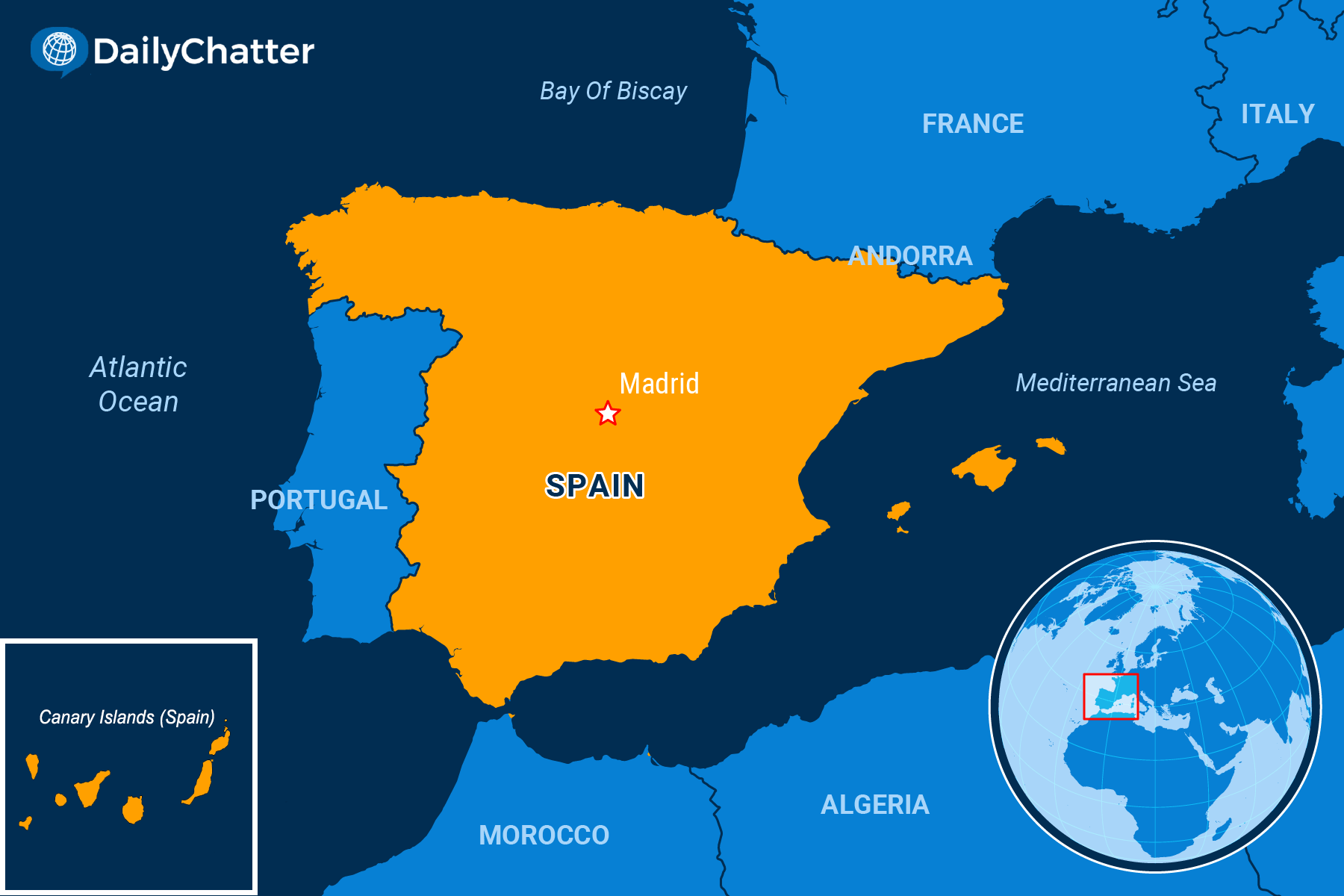The Deluge

Tens of thousands of people protested across the Canary Islands over the weekend, calling on authorities to revise the Spanish archipelago’s tourism strategy over concerns that the model has made life unaffordable for the locals and is not sustainable for the environment, the Guardian reported.
Demonstrators marched under the banner “The Canaries have a limit,” with similar protests taking place in mainland Spain. Island authorities said around 20,000 people participated, but organizers estimated that nearly 50,000 marched across the archipelago.
The protests took place as some members of the collective “Canarias se Agota” (The Canaries Have Had Enough) have been holding a hunger strike for a week to protest the construction of two luxury megaprojects on the Canary Island of Tenerife, which they consider illegal and unnecessary.
The movement’s spokesperson Victor Martin criticized the local government’s focus on tourism, saying the island was experiencing climate issues, such as dry winters, that have led to a water emergency there.
He also noted that the housing situation in the Canary Islands has become very difficult for locals and workers because of high prices, low wages and a lack of public housing.
Martin and demonstrators noted that the movement is not anti-tourist and the islands are still open to visitors.
But they demand the government implement policies to resolve the issue: These include halting the completion of the Tenerife projects, a tourist moratorium and a study on the Canaries’ tourism-related problems.
Martin explained that a rethink of the tourism model “could put the Canaries on the map as an example of sustainable tourism development.”
Nearly 14 million people visited the Spanish archipelago last year, with tourism making up around 35 percent of its gross domestic product. Even so, residents lament the strain on natural resources and housing affordability: Statistics show that almost 34 percent of Canaries’ residents face poverty.
In response, island authorities said they are already taking action and acknowledged that the region’s tourism strategy “could be perfected.”
In Spain, over-tourism has sparked protests in Barcelona and prompted other cities, such as Seville, to consider charging fees to visit major sites, such as the Plaza de España.

Subscribe today and GlobalPost will be in your inbox the next weekday morning
Join us today and pay only $32.95 for an annual subscription, or less than $3 a month for our unique insights into crucial developments on the world stage. It’s by far the best investment you can make to expand your knowledge of the world.
And you get a free two-week trial with no obligation to continue.
